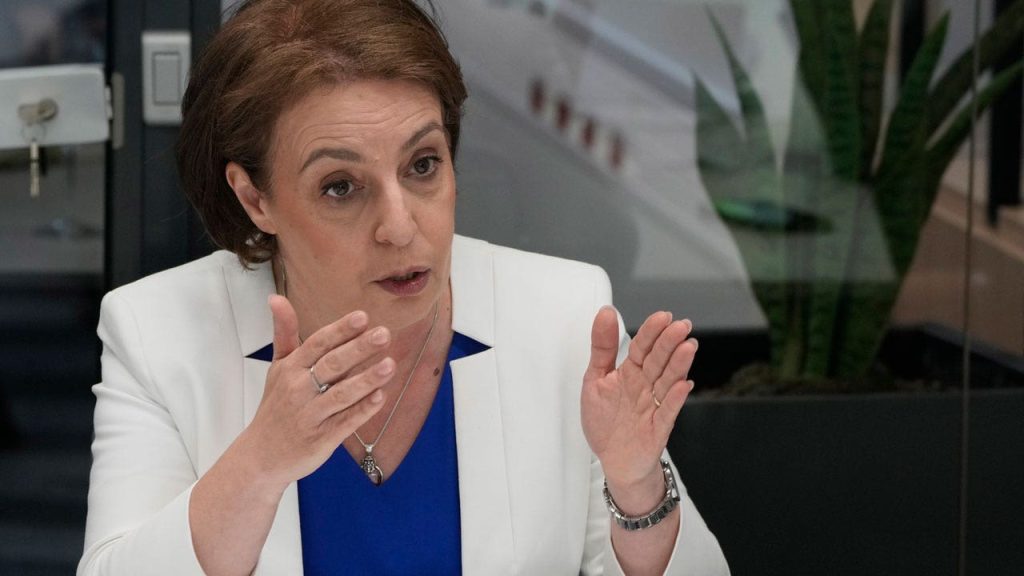Kosovo’s Foreign Minister and Deputy Prime Minister, Donika Gërvalla-Schwarz, emphasized the importance of Russia losing the war in Ukraine to prevent further conflict in Europe. Despite Ukraine not recognizing Kosovo’s independence, Gërvalla-Schwarz stated that Kosovo understands Ukraine’s struggles due to their own experiences with aggression from Serbia and Russia. Kosovo declared independence from Serbia in 2008 and has been a strong supporter of Ukraine even in the face of threats from Russia.
Gërvalla-Schwarz highlighted the parallels between the struggles of Kosovo and Ukraine, with both nations being victims of war crimes and atrocities by Serbia. Kosovo, despite its small size, has shown support for Ukraine through various means and is committed to standing by the Ukrainian people. Recently, a Russian Telegram channel called for attacks on Kosovo government websites in response to Kosovo’s announcement of military aid for Ukraine.
During her visit to Poland, Gërvalla-Schwarz inaugurated Kosovo’s first consular mission in an effort to strengthen economic and cultural ties between the two nations. While Poland recognized Kosovo’s statehood in 2008, diplomatic relations were not established at the time. Gërvalla-Schwarz expressed hope that the consular mission would pave the way for the establishment of an embassy in Poland, further solidifying ties between the two countries.
Gërvalla-Schwarz also addressed the implications of Chinese President Xi Jinping’s visit to Serbia, highlighting concerns about Serbia’s growing alignment with adversaries of European Western democracies. Despite being a candidate state for the European Union, Serbia’s recent ties with China and Russia raise questions about its commitment to EU values. Gërvalla-Schwarz emphasized the need for Serbia to choose between aligning with the West or becoming a proxy for Russia in the current geopolitical climate.
The history of conflict in the region, particularly the 1998-99 war between Serbian forces and ethnic Albanian separatists in Kosovo, continues to shape diplomatic relations and regional dynamics. Kosovo declared independence in 2008, a move that has not been recognized by the government in Belgrade. The ongoing tensions between Kosovo, Serbia, and Russia underscore the challenges faced by the region as it navigates complex relationships and geopolitical pressures. As Kosovo asserts its independence and supports Ukraine in its conflict with Russia, the region remains a critical flashpoint in European geopolitics.













